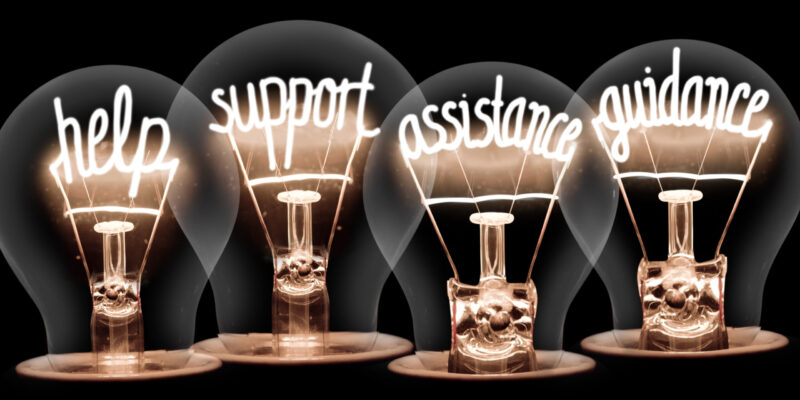From 1 April 2023, persons conducting a business or undertaking (PCBU) in Queensland will have a positive duty under the Work Health and Safety Act 2011 (Qld) to manage psychosocial risks in the workplace.
McCullough Robertson Lawyers recommend that:
Before April 2023, PCBUs and officers could consider:
- formalising existing systems for managing workloads and responding to psychosocial issues in the workplace;
- training frontline managers about their vital role in identifying psychosocial risks in their teams, and how to respond; and
- ensuring executives, boards and senior public servants are across these legal developments (as the WHS Regs and Code are soon to be in force, officers should be across what these changes mean and how their PCBU will ensure compliance).
No doubt your HR Dept will be grappling with this, but I’m most interested in prevention, and building cultures where there is high ‘social capital‘, defined as
‘a set of shared values or resources that allows individuals to work together in a group to effectively achieve a common purpose’.
Whilst I am caught between joy and distress that the need to make sure that people are kind and respectful to each other is now a matter of law, it highlights the need for organisations to provide not only leaders, but all employees with support mechanisms to make sure that individuals and teams are not only highly productive, but also highly functional.
It is a basic human need to feel accepted and safe and that must be attended to by all employers and leaders as a duty of care.
The reality is that humans are not designed to live in this VUCA world (volatile, uncertain, complex and ambiguous) so where in decades past the proactive development of humans skills in an organisation was perhaps not thought of as necessary, it’s necessary now.
When not feeling valued or safe, humans will forget ‘kind and compassionate’ and move into protect mode – defending, blaming, lashing out, panicking. So the focus for organisational development, starting with leaders, needs to be on developing individuals who are ‘self-determined’, that is …
- self-aware
- self-regulated
- self-motivated and
- self-accountable
I’ve often heard the term ‘leader as coach’ and I wholeheartedly agree that for leaders to be impactful, influential and inspirational, they need to bring the mindset and skillset of a coach to their leadership style. Research tells us that people don’t want to be told, they want to be coached and supported and developed.
I think we should be thinking about the concept of Colleague as Coach and develop the cultural expectation that as employees in an organisation, or as members of a team, every individual is responsible for how they show up, and for being compassionately and masterfully supportive of their colleagues in those moments that are difficult. Every individual should, in turn, expect the same support in their challenging moments or situations.
The competencies we aim to develop in when we train in coaching skills provides, I believe, a great foundation for supporting every well-intentioned leader and individual in an organisation to SHOW UP productively, LISTEN productively, ENGAGE productively and help themselves and others to THINK productively.
I do think it’s important to note that ‘coaching’ has not always been taught in this way. It is often seen and taught as an ‘event’ – a one hour session that is in the diary and gets shifted many times before it happens.
For me, coaching is a mindset and a skillset that develops masterful, human-centred communication and can be applied to EVERY interaction you have both professionally and personally.
Imagine if every individual in your organisation showed up with the mindset and skillset of a coach! They would be actively …
- Demonstrating Integrity: understanding and consistently applying the ethical standards expected of your organisation and of your client
- Embodying a ‘human-centred’ and ‘collective’ mindset in their interactions and decision-making
- Establishing and meeting clear goals and agreements
- Cultivating trust and safety
- Maintaining their ‘presence’ and self-regulation
- Listening actively ‘beyond’ their own thoughts and ideas to truly understand others and their context so that the ‘right’ solutions and support can be provided
- Asking powerful questions that evoke awareness, challenge norms and lead to co-creating solutions – without offending anyone, and
- Seeking to intentionally grow and develop themselves and others as standard, daily practice.
I think that in a culture with those competencies at the centre, the requirement of ensuring the psychosocial well-being of individuals in an organisation would be well on the way to being met!
Let’s teach people how to truly create the environments for humans to thrive and know how to support and manage risks early.

